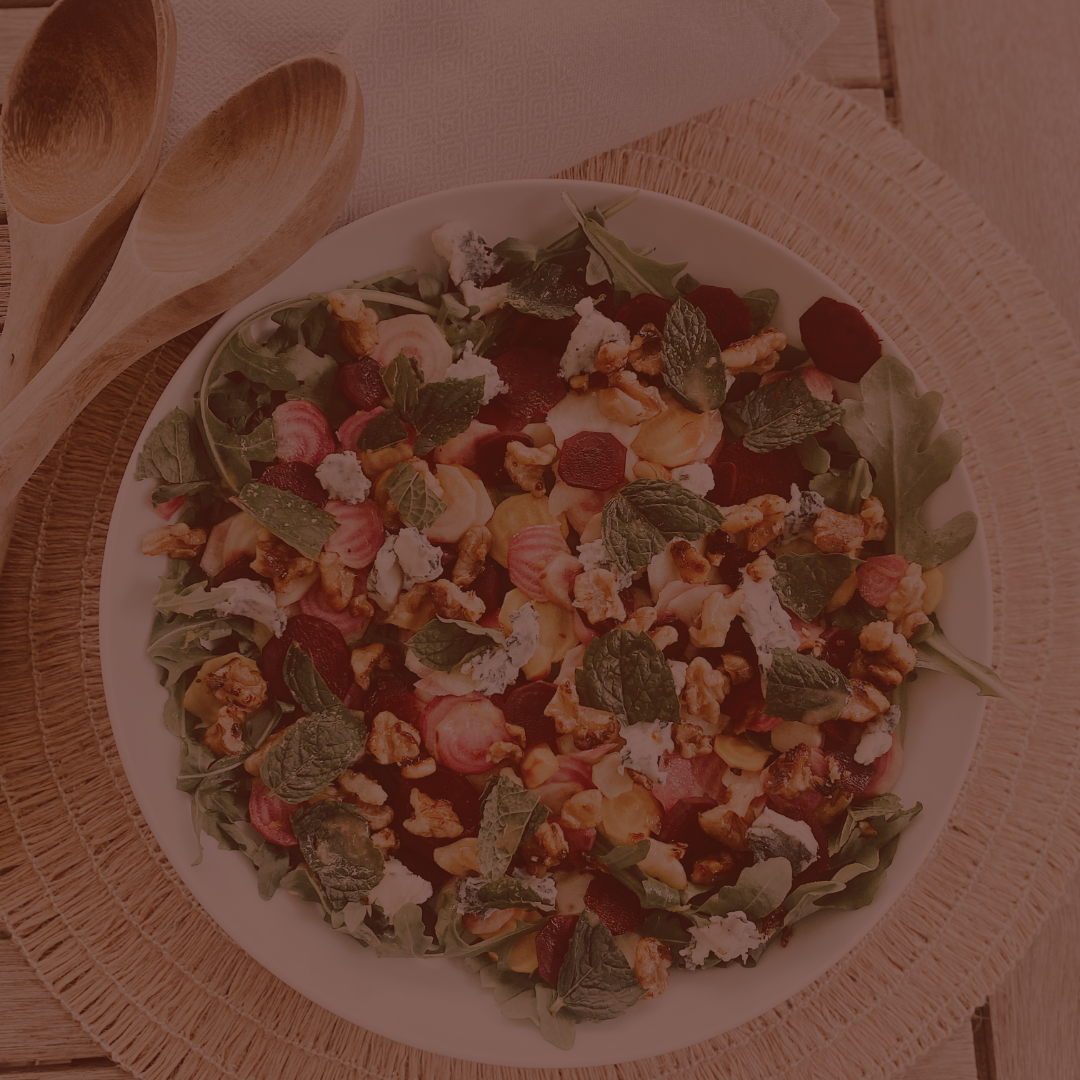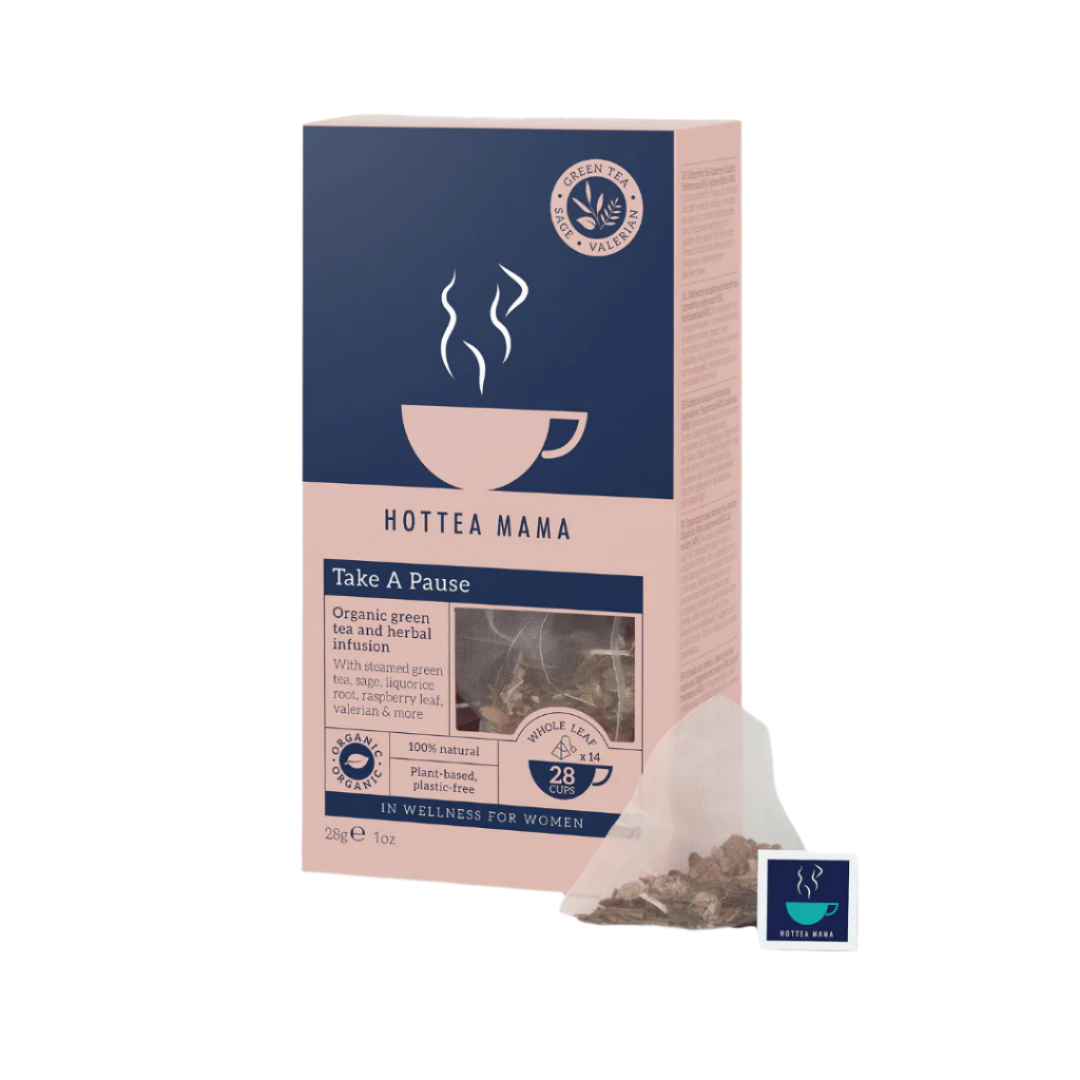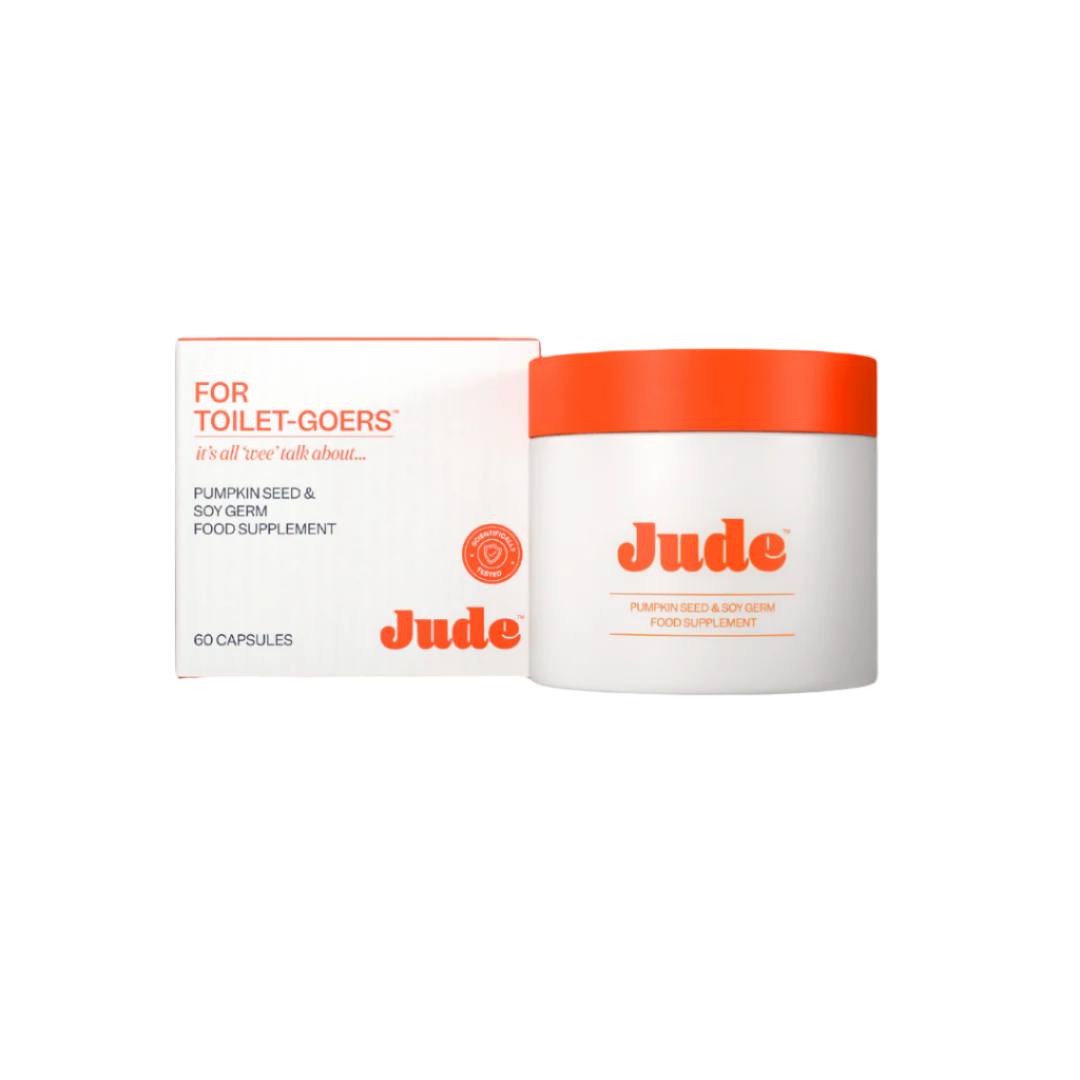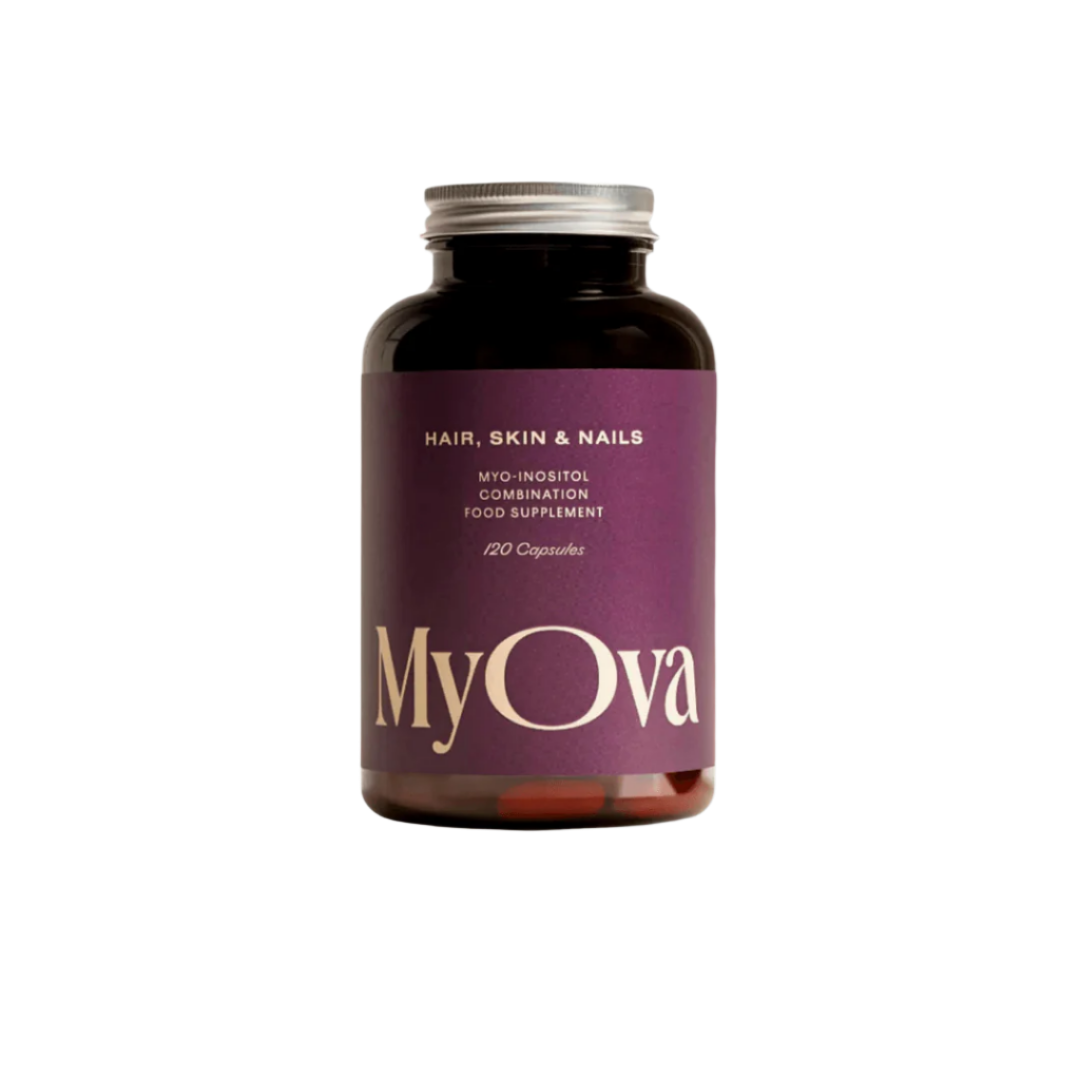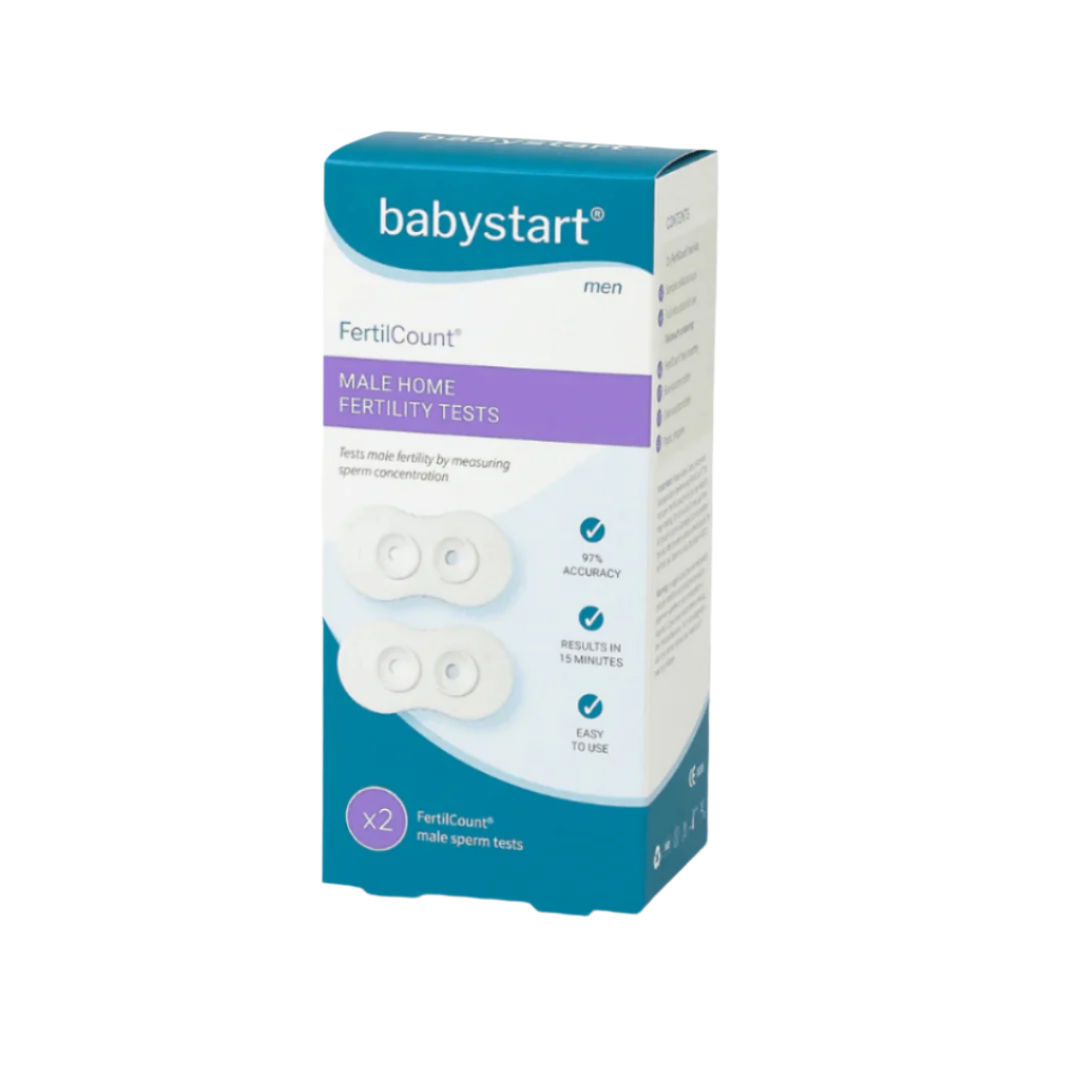by Chloe Dymond Young ( DipNT, mBANT, IBCLC, Nc)
In recent years, a growing body of research has brought new attention to the importance of nutrition in the months before, during and after pregnancy. Fertility journeys, pregnancy outcomes, and even long-term health for both mother and child can be shaped by nutritional choices made during this critical window - often referred to as the First 1,000 Days of Life.
When conventional fertility interventions may feel overwhelming or inaccessible, optimising nutrition provides an empowering, natural way to influence reproductive outcomes and overall wellbeing.
Understanding the First 1,000 Days
The First 1,000 Days span from three months before conception to a child's second birthday. During this time, a process known as epigenetic programming occurs - meaning environmental factors like nutrition, stress, and chemical exposure can "switch on" or "switch off" genes, profoundly impacting lifelong health.
The preconception window - ideally the three months before conception is especially crucial. It takes approximately this long for eggs to mature and sperm to develop. Building nutrient stores during this time lays the foundation for a healthy pregnancy, easier postpartum recovery, and future health resilience for both mother and child.
The Evidence: What the Studies Say
The NIPPER trial, the largest study of its kind, revealed that up to 90% of women in high-income countries were deficient in at least one key nutrient before and during pregnancy. Nutrient deficiencies were particularly common among women following vegetarian and vegan diets. Optimising nutrition can help reduce risk of pregnancy induced illnesses such as pre-eclampsia and gestational diabetes, as well as helping to minimise foetal abnormalities and pre-term births.
How Nutrition Supports Fertility and Pregnancy
Protecting the Egg from Oxidative Stress:
A diet rich in antioxidants - colourful fruits and vegetables, oily fish, seeds, and organic meats can protect egg and sperm quality, reduce miscarriage risk, and prepare the uterus for implantation. Nutrients like vitamin A, zinc, vitamin D and omega-3 fats are especially important for reproductive health.
Building Iron Stores:
Entering pregnancy with optimal iron levels lowers the risk of anaemia in later pregnancy and supports your baby’s growth. While leafy greens, seeds and legumes provide fantastic plant-based non-haem iron sources, meat and fish offer heam iron - a more easily absorbed form. Pairing iron-rich foods with vitamin C-rich foods enhances absorption.
Optimising Folate, Choline, and Vitamin B12:
Folate, choline, and B12 are all vital nutrients for preventing neural tube defects. Whilst folic acid supplements are recommended, obtaining folate from dark green leafy vegetables, beans and legumes is essential and can help overcome a common genetic polymorphism which reduces conversion of folic acid into its usable form. Additionally it’s important to consume choline-rich foods like eggs, and B12 from fish and meats. For those following plant-based diets, supplementation may be recommended to reduce deficiency of B12 in particular.
Preconception and Pregnancy in Context
While supplementation can be highly beneficial, a food-first approach remains foundational. Focusing on high-quality whole foods, which are minimally processed, such as colourful fruits and vegetables, oily fish, nuts and seeds, organic meats, and whole grains - will provide a wide variety of nutritional benefits to nourish both mother and baby naturally.
Lifestyle choices such as reducing stress, improving sleep, and avoiding toxin exposure work synergistically with nutrition to create the healthiest possible environment for conception and pregnancy.
Perfect Preconception Meal
A perfect preconception meal might include roasted wild salmon with rainbow root vegetables, steamed broccoli, and a lemon-garlic olive oil drizzle—offering a nutrient powerhouse to support fertility.
Nutritional Highlights: High in omega-3 fats (DHA & EPA), folate, vitamin A, zinc, iron (both haem and non-haem), vitamin C, iodine, and powerful anti-inflammatory compounds.

Pregnancy: Nourishing Two Lives
Pregnancy is a time of immense hormonal and physiological change. The growing baby draws nutrients from the mother, which can leave her depleted if her diet isn’t sufficiently nourishing. Poor nutrition not only compromises the baby’s development but also affects the mother’s long-term health.
Key Pregnancy Focus Areas:
- Promoting Good Gut Health A healthy gut acts as a barrier against harmful substances while enhancing nutrient absorption and immunity. A diverse, fibre-rich diet, including vegetables, fruits, legumes, nuts, seeds, and whole grains, supports gut health. Probiotic foods like kefir and kimchi (ensure they are pasteurised) are beneficial, particularly in the third trimester. Limit ultra-processed foods, refined sugars, and damaged fats, which can disrupt gut balance and contribute to inflammation.
- Consuming Healthy Fats Omega-3 fats (found in oily fish like salmon, sardines, and mackerel) enhance blood flow through the placenta, ensuring nutrient delivery to the baby. Omega-3s are essential for brain and nervous system development, particularly in the third trimester.
- Eating Quality Whole Foods Pregnancy is a time of increased sensitivity to chemicals. Focus on a varied, colourful diet of vegetables, fruits, quality proteins, dairy, whole grains, and healthy fats. Where possible, choose organic, seasonal, and local produce to minimise toxin exposure.
Ideal Pregnancy Breakfast
Overnight oats with chia, hemp, pumpkin seeds, chopped Brazil nuts, cinnamon, and Jersey milk. Topped with peanut butter, kefir yogurt, and blueberries.
Optional: Add a drizzle of honey or maple syrup.
Nutritional Highlights: Provides fibre, healthy fats, vitamin A, folate, choline, and iron.

Postpartum: The Overlooked Fourth Trimester
The postpartum period is often underestimated when it comes to nutritional needs. Yet, breastfeeding, recovering from childbirth, and hormonal recalibration require a significant increase in nutrients. Without it, mothers are at increased risk of health problems such as low mood, a compromised immune system, hormonal imbalances and exhaustion.
Key postpartum focus areas include:
- Prioritising nutrient-dense foods: Bone broth, wild caught fish, organ meats, root vegetables, herbs and spices, offer highly concentrated nutrition.
- Restoring iron stores: Blood loss during birth makes iron-rich foods critical for recovery.
- Supporting gut health and vitamin D levels: Including probiotic and prebiotic foods, omega-3 fats and optimising vitamin D levels is crucial during breastfeeding. These foundations help lower the risk of allergies and eczema in babies, while supporting healthy immune function, brain development, and strong bones.
The Ideal Postpartum Meal:
An ideal postpartum meal slow-cooked bone broth stew, with organ meat and root vegetables - rich in iron, collagen, and immune-supporting nutrients, paired with seasonal greens.
Nutritional Highlights: Rich in iron, collagen, vitamin A, zinc, calcium, magnesium, and immune-boosting compounds.
Conclusion
Optimising nutrition during the preconception, pregnancy, and postpartum periods is one of the most impactful ways individuals can support fertility, healthy pregnancies, and vibrant long-term health for themselves and their children.
While medical treatments are sometimes necessary, nourishing the body through whole foods and strategic supplementation offers a gentle, powerful, and empowering path toward reproductive wellness.
If you’re planning a pregnancy, currently expecting, or rebuilding postpartum, a registered nutritional therapist specialising in maternity health can help craft a personalised nutrition plan specifically for your needs. Investing in your health now lays the strongest foundation for the future. Always consult your health care practitioner before introducing supplements or dietary changes.
About Chloe Dymond Young ( DipNT, mBANT, IBCLC, Nc)
Chloe Dymond Young is a has over 15 years' experience as a midwife, IBCLC Lactation Consultant, and Nutritional Therapist giving her a wide range of knowledge in supporting women across preconception, pregnancy, postpartum and early parenting.
She trained at King’s College London and worked at St Thomas’ Hospital in both clinical midwifery and maternity research, later setting up a private midwifery practice supporting families across Kent and London. Her passion for holistic care deepened while working in Maternity A&E, where she witnessed the complexity of pregnancy complications.
Chloe qualified as an IBCLC in 2015 and supported breastfeeding families in both NHS and private settings, including at The Evelina Children’s Hospital. Her work with infant feeding led her to train as a Nutritional Therapist, graduating with distinction from CNM.
She now blends functional nutrition, nutrigenomics and personalised care through her programme mynutriGen, helping women optimise health during pregnancy, breastfeeding and postpartum. Her additional training as a Maternity Nurse and Night Nanny gives her a deep understanding of newborn care and maternal recovery.
Through her integrated approach, Chloe offers a truly holistic service—supporting everything from feeding and sleep to gut health, mood and hormone balance—empowering women to feel nourished and supported at every stage.


